media
-
“Clare Chambers, filósofa” in El País

The Spanish national daily newspaper El País featured an interview with me on 22 September 2019.
Filósofa. Es una feminista a la que le preocupa que las mujeres otorguen tanta importancia a su aspecto. Profesora en la Universidad de Cambridge, pone ahora el foco en la institución del matrimonio.
You can read the article here.
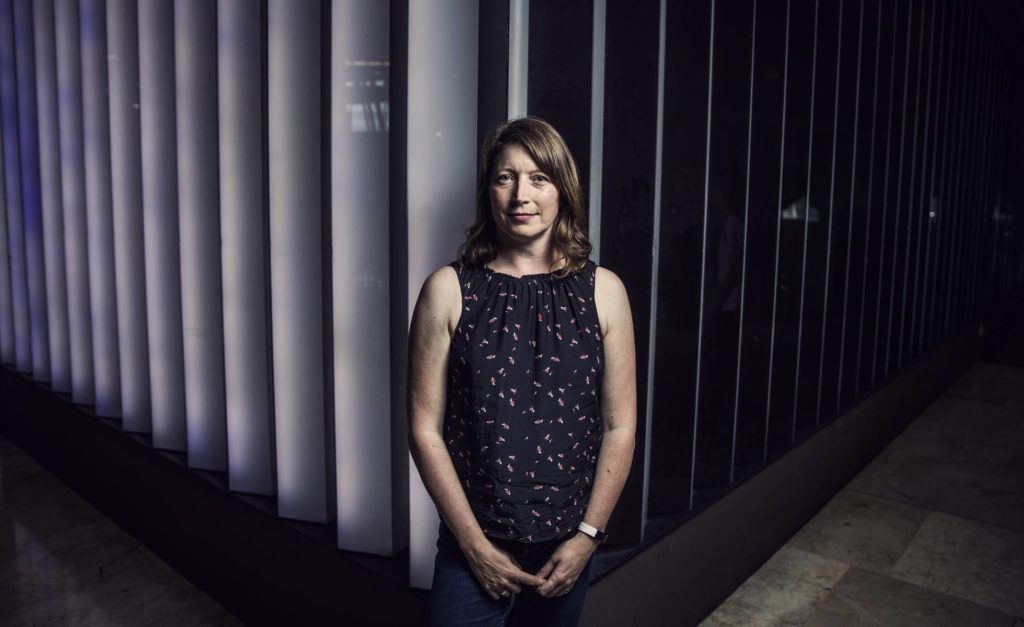
-
Talking Politics Guide to Marriage

I recorded a special edition of the podcast Talking Politics discussing the ideas and proposals in Against Marriage. Listen to me talking with host David Runciman here.
-
Marriage in the New Statesman

What’s in a name? As it turns out, rather a lot. I explore the significance of the name “marriage” and the difference between a marriage license and a marriage certificate in an article published in Agora, the New Statesman’s philosophy column, on 2 August 2019. You can read the article here.
-
Discussing marriage on the Public Intellectual podcast
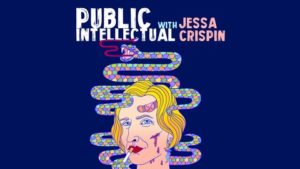
I was interviewed on marriage by Jessa Crispin for her podcast The Public Intellectual. You can listen to the interview here.
-
Against Marriage reviewed in Mind
“
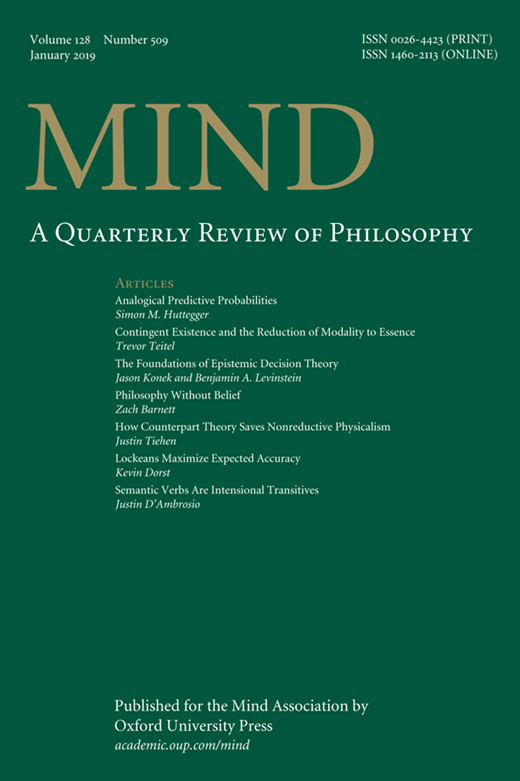
Elizabeth Brake, author of the excellent book Minimizing Marriage, has reviewed Against Marriage in Mind (January 2019). You can read the whole review here. Here’s an excerpt:
“Against Marriage makes an important contribution to the debate over the future of marriage within liberalism. It is clear and cogently argued and a pleasure to read. One of its virtues is its breadth; it makes arguments which address a range of liberal and feminist views and should be accessible to non-specialists. At the same time, it advances the leading edge of the specialist debate in provocative and intriguing ways.”
-
Driverless cars on BBC R4’s PM

I appeared on BBC Radio 4’s PM programme on Wednesday 6th February 2019, discussing the ethics of driverless cars. You can listen to this programme (for a while, at least) here. I appear about 48 minutes in.
The segment inspired a satirical news piece “Ethically programmed self-driving cars refuse to start engines as it contributes to Global Warming” by Simon Paul Miller, which you can read here.
-
Blending in and standing out: comfort and visibility in beauty practices
 “My thought is this: a significant aspect of beauty practices is comfort and visibility. Comfort relates to discipline: discipline makes some actions and inactions seem comfortable and others effortful. Visibility relates to surveillance: some beauty practices make us seem visible or hyper-visible, others make us feel invisible. Sometimes beauty practices aim at making the practitioner visible: she wants her appearance to be noticeable. But beauty practices can also aim at invisibility: at making a person blend in rather than stand out. Both make up and its absence can have this effect, depending on the person and context involved.”
“My thought is this: a significant aspect of beauty practices is comfort and visibility. Comfort relates to discipline: discipline makes some actions and inactions seem comfortable and others effortful. Visibility relates to surveillance: some beauty practices make us seem visible or hyper-visible, others make us feel invisible. Sometimes beauty practices aim at making the practitioner visible: she wants her appearance to be noticeable. But beauty practices can also aim at invisibility: at making a person blend in rather than stand out. Both make up and its absence can have this effect, depending on the person and context involved.”This short piece is published on the Beauty Demands blog. You can read it here.
-
Against Marriage reviewed in Ethics
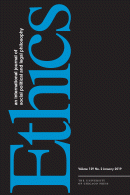 I’m delighted by Ralph Wedgwood’s review of Against Marriage in Ethics. He makes some pertinent criticisms of the argument of the book, but he also writes:
I’m delighted by Ralph Wedgwood’s review of Against Marriage in Ethics. He makes some pertinent criticisms of the argument of the book, but he also writes:“Clare Chambers has produced what will surely be for years to come the definitive argument for the abolitionist view of marriage. … [T]his is in my opinion a superb book. It is prodigiously scholarly, but at the same time wonderfully clear and accessible. The arguments are provocative and challenging throughout. The literature on this vitally important topic urgently needed a book-length defense of the abolitionist position. It is hard to imagine a book performing this necessary role better than Chambers’s Against Marriage.”
You can read the full review here.
-
Against Marriage at BBC Cambridgeshire
I was interviewed live on BBC Radio Cambridgeshire’s Lunchtime Live Show. Jeremy Sallis talked to me about Against Marriage and my lecture for the Cambridge Festival of Ideas.
-
Against Marriage at Festival of Ideas
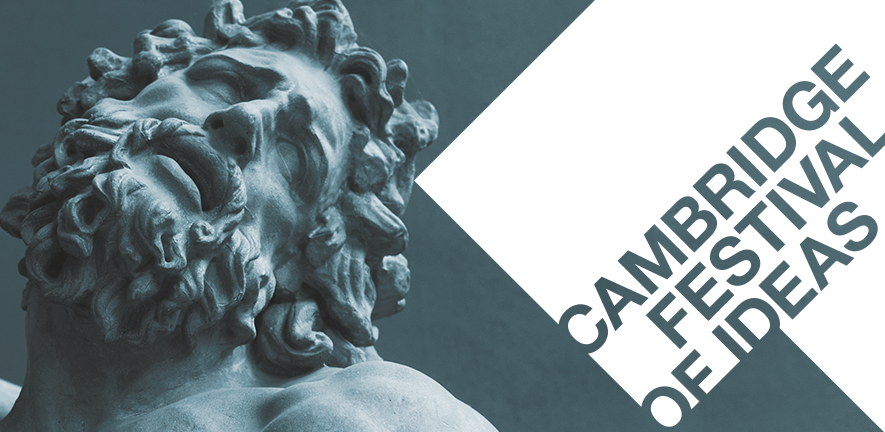 I talked about Against Marriage at the Cambridge Festival of Ideas on Monday 15th October 2018, in the Frankopan Hall of Jesus College, Cambridge.
I talked about Against Marriage at the Cambridge Festival of Ideas on Monday 15th October 2018, in the Frankopan Hall of Jesus College, Cambridge.Many states have recently expanded their definition of marriage to allow marriage between same-sex couples: a welcome move towards equality, but does this go far enough? Philosopher Clare Chambers argues for a more extreme position: that the state should not recognise marriage at all. State recognition of marriage, she will argue, is a violation of both equality and liberty – no matter how marriage is redefined.
Tickets were sold out and so the talk was live-streamed. You can watch it on youtube here:
-
How to Disagree on BBC Radio 4
Timandra Harkness interviewed me for the BBC Radio 4 series “How to Disagree: A Beginner’s Guide to Having Better Arguments”, episode 4. The topic of the discussion is moral disagreement, with particular reference to the topic of abortion.
The episode was broadcast on 16 August 2018 and you can listen to it here.
-
Sweet Reason on BBC Radio 4
 You can hear me debate offence with Jordan Peterson, Shaista Aziz, and Evan Davis on BBC Radio 4’s “Sweet Reason”. Are people offended too easily? Are there some topics that should not be debated?The broadcast is on Thursday 2nd August 2018 at 9am and 9.30pm, and you can hear the programme online here.
You can hear me debate offence with Jordan Peterson, Shaista Aziz, and Evan Davis on BBC Radio 4’s “Sweet Reason”. Are people offended too easily? Are there some topics that should not be debated?The broadcast is on Thursday 2nd August 2018 at 9am and 9.30pm, and you can hear the programme online here.
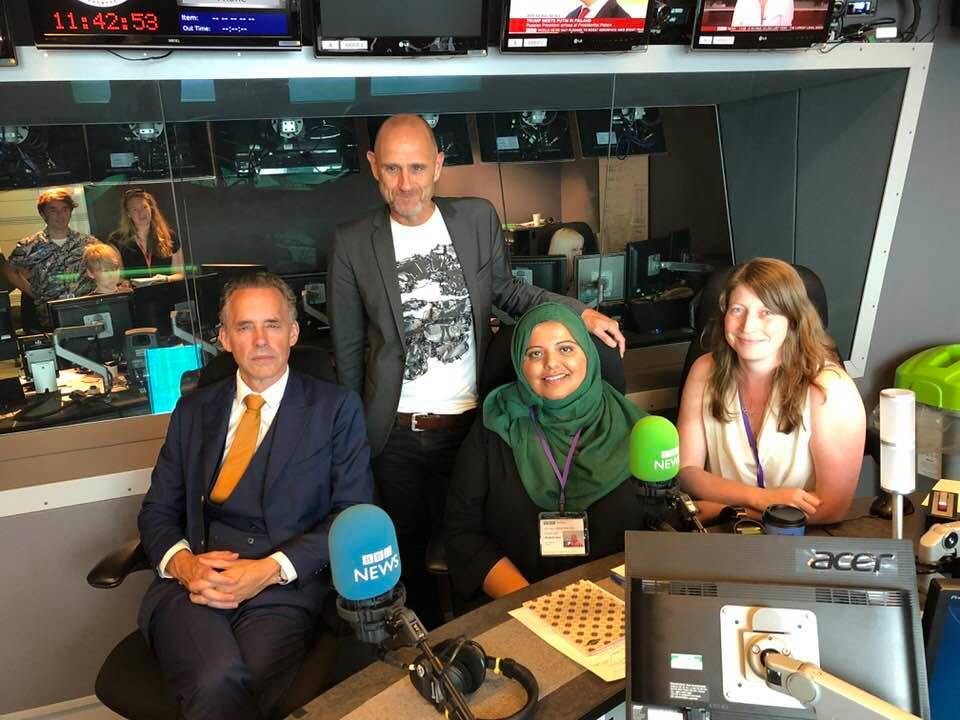
-
OUP Philosophy Festival reading list
 Two of my articles feature in the OUP Philosophy Festival 2017 reading list, making them available for free download.
Two of my articles feature in the OUP Philosophy Festival 2017 reading list, making them available for free download.You can find and read “The Marriage-Free State” and “Ideology and Normativity”, as well as many other excellent articles by other philosophers, here.
-
OUP Women in Philosophy reading list

Against Marriage features in the Oxford University Press Women in Philosophy reading list.
“This March, in recognition of Women’s History Month, the OUP Philosophy team will be celebrating Women in Philosophy. The philosophy discipline has long been perceived as male-dominated, so we want to recognize some of the incredible female philosophers from the past including Simone de Beauvoir, Mary Wollstonecraft, and Hannah Arendt, plus female philosophers doing great things in 2018 like Martha Nussbaum, Clare Chambers, and Kate Manne.”
You can see the whole reading list here.
-
Routledge Companion to Feminist Philosophy reviewed in Hypatia Reviews Online
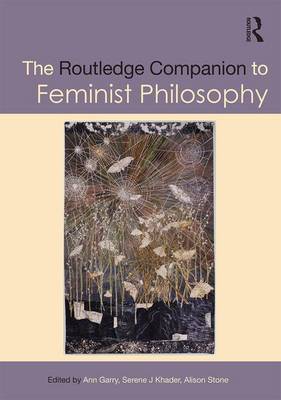 I have a chapter on feminism and liberalism in The Routledge Companion to Feminist Philosophy, edited by Ann Garry, Serene J. Khader, and Alison Stone (Routledge, 2017). The volume has been reviewed by Amy Marvin in Hypatia Reviews Online. You can read the full review here.
I have a chapter on feminism and liberalism in The Routledge Companion to Feminist Philosophy, edited by Ann Garry, Serene J. Khader, and Alison Stone (Routledge, 2017). The volume has been reviewed by Amy Marvin in Hypatia Reviews Online. You can read the full review here.“The Routledge Companion to Feminist Philosophy presents an exciting, comprehensive, and original pluralist presentation of feminist philosophy that is a much-needed update to existing feminist philosophy companions. Students, scholars, independent researchers, and departments interested in feminism and philosophy would do well to make sure they have access to this volume, and it should be a relevant resource for years to come.”
-
Quoted on marriage in The Guardian
Rose Hackman quotes me in a long-form piece on marriage in The Guardian. You can read the whole article here.
” “Married men gained rights over women’s bodies, property and children,” confirms Clare Chambers, a lecturer in philosophy at the University of Cambridge who wrote a book arguing for an end to state-recognized marriage. “Traditionally [marriage] has maintained legal gender inequality, and it has done so to the benefit of men.”
“Chambers concedes that many formal inequalities tied to marriage have been denounced and revoked. Marital rape was outlawed in the UK in 1991 and in the US in 1993 – hard to believe there was ever an exemption – and same-sex marriage was legalized in 2014 and 2015 respectively.”
-
Danny Reviews Against Marriage
You can read the review here.
“I found Chambers persuasive: Against Marriage compelled me to rethink some of my ideas on the subject and brought much greater precision to others. And even those who disagree with much more of it will have to engage with it, as an integrated and reasonably comprehensive analysis of how the state should approach marriage.”
-
The American Conservative on Against Marriage
 They don’t like it. See here.
They don’t like it. See here.Note that the article does not always read the argument of the book accurately.
-
Fabian Society on Against Marriage
 Andrew Harrop, General Secretary of the Fabian Society, reviewed Against Marriage in Fabian Review, May 2018. You can read the full review here.
Andrew Harrop, General Secretary of the Fabian Society, reviewed Against Marriage in Fabian Review, May 2018. You can read the full review here.“Marriage makes me uncomfortable, whether the reason is political, historical, cultural or aesthetic. No matter how many married couples I see living modern equal relationships, for me, the whole concept is tainted by its patriarchal past. But I say ‘for me’ with good reason, as I have dozens of friends and comrades who disagree. This is a fault-line issue that divides socialists and feminists amongst themselves. In Against Marriage, Clare Chambers makes the case for why egalitarians and liberals should reject marriage. It is political philosophy at its most practical and readable.”
-
Against Marriage reviewed in Political Theory
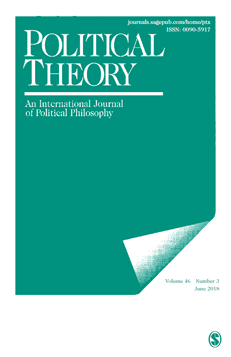 Against Marriage is reviewed by Tamara Metz, author of Untying the Knot, in Political Theory. You can read the full review here. An excerpt follows.
Against Marriage is reviewed by Tamara Metz, author of Untying the Knot, in Political Theory. You can read the full review here. An excerpt follows.“This is a distinct and important contribution to an increasingly crowded field of liberal political philosophy on marriage and the state and, perhaps most interestingly, to our understanding of the liberal project broadly. … Where other liberals seek more vigorously to balance competing demands of freedom and equality, or emphasize freedom, Chambers hews rigorously to an egalitarian position. You won’t find another book that does this so effectively or by way of such productive engagement with existing scholarship. Laying out the egalitarian case in such clear and compelling terms, Chambers highlights the challenges it presents to the liberal side of her liberal feminist equation. In so doing, Against Marriage leaves us wondering just how tenable the liberal feminist project is.”
“Chambers leads us to these questions by bringing us to the edge of the liberal feminist frontier. This alone would make Against Marriage a distinct and important contribution. But, of course, Chambers does more. She offers a compelling vision of why and how to move beyond marriage and points us in the direction of work that needs to be done. All with the grace and graciousness of an analytical philosopher running at full throttle.”
-
Against Marriage on JHIB blog
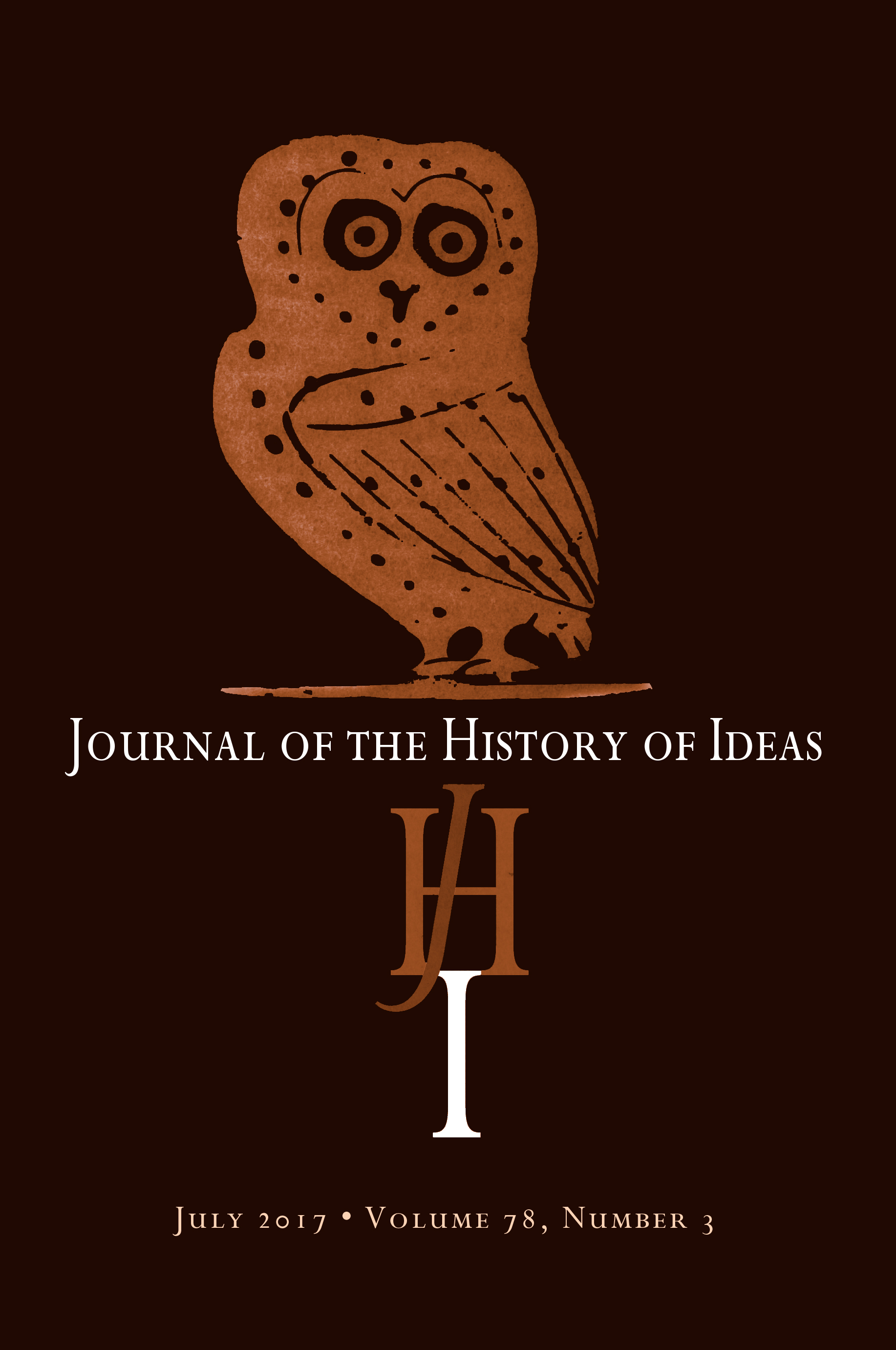 My Aeon article “Against Marriage” was recommended by the Journal for the History of Ideas Blog here.
My Aeon article “Against Marriage” was recommended by the Journal for the History of Ideas Blog here. -
Times of India on Against Marriage
 The Times of India featured my Aeon article “Against Marriage” on 22 April 2018. You can read the coverage here.
The Times of India featured my Aeon article “Against Marriage” on 22 April 2018. You can read the coverage here. -
Against Marriage at Aeon
 I have a 3,300 word essay on “Against Marriage” at Aeon magazine. You can read the article here.
I have a 3,300 word essay on “Against Marriage” at Aeon magazine. You can read the article here. -
Neutrality at University of Edinburgh
I presented my paper “Reasonable disagreement and the neutralist dilemma: Abortion and circumcision in Matthew Kramer’s Liberalism with Excellence” at the University of Edinburgh in March 2018. You can read their account of the session on the Just World Institute blog here.
-
Edinburgh Just World Institute blog
The University of Edinburgh Just World Institute blogged about my paper “Reasonable disagreement and the neutralist dilemma: Abortion and circumcision in Matthew Kramer’s Liberalism with Excellence”. You can read the blog here.
-
Ask Me Anything (AMA) on Reddit
 On 16 April I’ll be doing an AMA – Ask Me Anything! – for Reddit Philosophy. You can join in the fun at 12noon EST / 5pm GMT. Read the discussion here.
On 16 April I’ll be doing an AMA – Ask Me Anything! – for Reddit Philosophy. You can join in the fun at 12noon EST / 5pm GMT. Read the discussion here. -
Gli Stati Generali on the “Me Too” movement
 I was interviewed by Valentina Saini for her piece “È L’ALBA DI UN’INTERNAZIONALE FEMMINISTA?” on the Italian news site Gli Stati Generali. You can read the piece, in Italian, here.
I was interviewed by Valentina Saini for her piece “È L’ALBA DI UN’INTERNAZIONALE FEMMINISTA?” on the Italian news site Gli Stati Generali. You can read the piece, in Italian, here.For those who don’t speak Italian I don’t have a translation of the full article, but here are the answers I gave to Valentina Saini’s questions.
VS: In many countries and regions of the world, sexual harassment in the form of a “pat” on a woman’s “butt”, for example, is seen as something innocent and harmless, nothing one should be especially offended by – many women think so too. Why is that? Is women’s body still something that does not belong exclusively to them – culturally speaking?
A (CC): Women and girls are taught from an early age that one of their most important roles is to be attractive, pleasing, submissive and helpful to others. This education comes from many sources: gendered differences in early upbringing, acceptable social roles for men and women, media portrayals of women that focus on their looks, role-models and stereotypes. It is not surprising in this context of gender inequality that some women internalise the role given to them, and think of their bodies as primarily existing to be appraised and used by others. That doesn’t make it acceptable.
Q (VS): The Me Too hashtag arose in the US and rapidly spread in many other parts of the world, meaning that sexual abuse and sexual harassment are a global phenomenon. Is it possible that even in so-called developed countries, sexual harassment in the workplace is subtly interpreted as “the price” women may have to pay to enter a once male-only institution, that is, paid work?A (CC): Sexual abuse and sexual harassment certainly are global. Women know this and have known it for a very long time. Women do not enter the workplace on equal grounds to men. They are multiply disadvantaged by many forms of sexism: sexual harassment, the gender pay gap, the incompatibility of work and family life, stereotyping and discriminatory behaviour. Gender inequality of all forms needs to be dismantled, and the Me Too movement is one important part of the global movement of women and feminists against sexism. -
The Reading Lists
Want to know what books I like? You can read an interview with me by Phil Treagus of The Reading Lists blog here. His questions were fascinating to think about and very hard to answer!
-
Cosmetic procedures: ethical issues
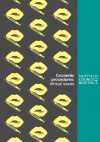 Nuffield Council on Bioethics, 2017
Nuffield Council on Bioethics, 2017This report was written by the Working Party on Cosmetic Procedures, of which I am a member.
There has been increasing demand for invasive cosmetic procedures in the UK, prompting questions about potential risks to users and the lack of regulation and professional standards in this area. This report explores ethical issues in cosmetic procedures with a particular focus on the role and responsibilities of health and scientific professionals and others in responding to demand for invasive non-reconstructive procedures that aim to enhance or normalise appearance. It engages in detailed ethical analysis and makes recommendations affecting all parts of the sector.
You can read the report here.
-
Against Marriage on BMJ blog
 Richard Smith writes in the British Medical Journal (BMJ) blog that he is persuaded by the arguments of Against Marriage. You can read the full article here.
Richard Smith writes in the British Medical Journal (BMJ) blog that he is persuaded by the arguments of Against Marriage. You can read the full article here.“Chambers is against marriage on the grounds of equality and liberty. Women are not equal with men within marriage, and the state by attaching a bundle of rights and duties to marriage creates a hierarchy of relationships with marriage at the top, making unmarried couples and single people inferior. Much of the population, including my wife and I, thinks that “common law wives” have similar rights to married women, but in fact they have none. By bundling rights and duties together, marriage (and civil partnerships) restrict autonomy; if they weren’t bundled people might choose different combinations of rights and duties.
“There is a need, Chambers accepted, for the law to regulate relationships, particularly to protect the vulnerable, but neither marriage nor civil partnership, which all the speakers criticised as being “one size fits all,” need to be that mechanism. She pointed out that parenthood might be a better basis for regulation than marriage, not least because parent-child relationships are more durable than couple relationships. Tatchell advocates a model whereby people would select “any significant other” (perhaps a best friend, sibling, or lover) and then choose among a menu of rights and duties. Such an arrangement would lead to greater equality and autonomy. All three speakers agreed that something along those lines would be better than either marriage or civil partnerships.
“And at dinner afterwards, my wife and I, despite being married for 40 years, agreed.”



